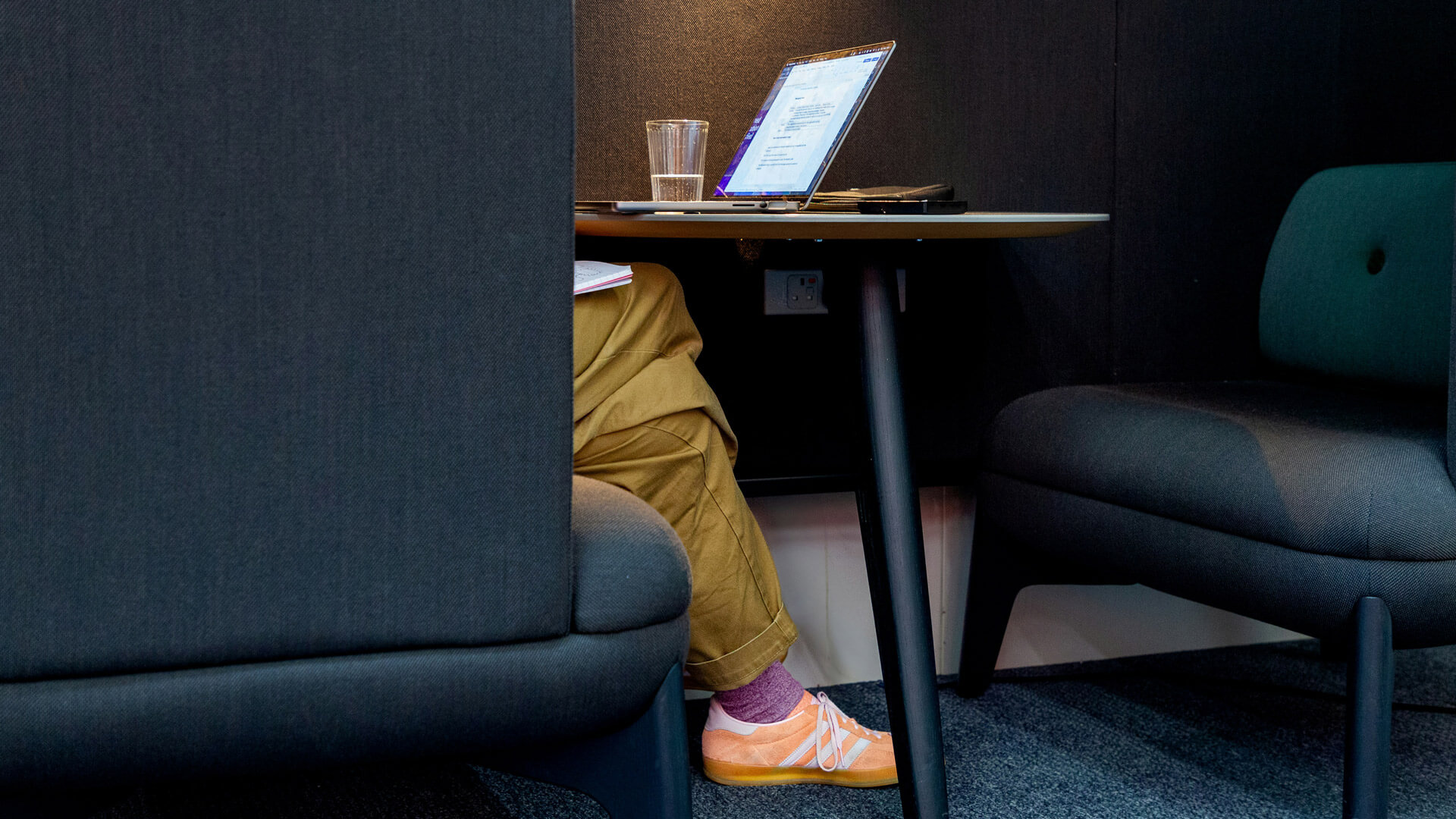By Lucy Hobbs – Founder, The Future is ND
Autism Acceptance Month highlights the importance of neurodiversity, but real inclusion requires action—not just awareness. An estimated 1 in 7 people in the UK are neurodivergent (Capita, 2023), and studies show that up to 20% to 50% of creative professionals are neurodivergent (Creative Equals, Creative Review), which is significantly higher than in the general population. Many remain undiagnosed and may be struggling without understanding why. Implementing inclusive practices that support all employees, regardless of diagnosis, is essential.
As an autistic person with ADHD, I’ve struggled in traditional agency settings. Overwhelm, masking, and anxiety eventually pushed me to work for myself—but many others don’t have that option. That’s why HR professionals, hiring managers, and leaders must take responsibility and make fundamental changes to create truly inclusive workplaces.

1. Rethink Workplace Processes
Creative teams often rely on rapid brainstorming and feedback, which may not work for everyone. Consider:
- Offering alternative ways to contribute (written, visual, or asynchronous tools like Miro).
- Providing clear written briefs rather than relying on verbal ones, as not everyone can remember them, especially those with short-term memory challenges.
- Ensuring deadlines are clearly defined and communicated, with structured milestones to manage expectations.
2. Create an Inclusive Sensory Environment
Open-plan offices and high-stimulation environments are common in creative industries but can be overwhelming. Simple adjustments:
- Provide quiet spaces and noise-cancelling headphones.
- Provide remote or flexible work options to support sensory needs, such as allowing employees to work from quieter environments.
3. Make Communication Neuro-Inclusive
Clear, direct communication reduces stress for neurodivergent people. Best practices include:
- Encouraging structured feedback and offering asynchronous communication options, allowing for more thoughtful responses or even the choice not to respond immediately.
- Providing clarity in all communications to reduce uncertainty and pressure.
- Allowing flexibility in communication methods. For example, offering feedback via voice message instead of email, or using email instead of verbal communication, depending on what works best for the individual.
4. Recognise Strengths, Not Just Challenges
Neurodivergent employees bring unique strengths, such as divergent thinking and attention to detail. Celebrate these qualities by:
- Highlighting neurodivergent contributions in creative problem-solving.
- Encouraging mentorship and showcasing neurodivergent leaders.
- Engaging with neurodivergent employees to understand how they can play to their strengths and perform at their best.
5. Rethink Hiring Practices
Traditional interviews favour extroverted candidates, unintentionally disadvantaging neurodivergent people. Inclusive hiring practices:
- Offer alternative interview formats (e.g., written or pre-recorded responses).
- Focus on skills, not just interview performance.
- Consider paid trial periods or project-based assessments.
6. Offer Flexibility and Remote Work Options
Hybrid or remote work arrangements can reduce anxiety and stress for neurodivergent employees, particularly in managing sensory overload, unpredictable work schedules, and the challenges of travelling at peak times on public transport.
Commit to Lasting Change
Inclusion is not a one-time effort. Long-term changes should include:
- Reviewing hiring and onboarding processes for accessibility.
- Providing ongoing neurodiversity training.
- Reviewing systems, policies, and processes for barriers to inclusion for neurodivergent people.
- Creating a feedback loop for continuous improvement.
True inclusion goes beyond awareness—it’s about making lasting changes that benefit everyone. By implementing these practical adjustments and committing to ongoing improvement, creative industries can harness the full potential of neurodivergent talent.
💡 If your organisation is ready to take practical steps toward neuro-inclusion, I offer training and consultation to support meaningful change. With experience as a creative director and copywriter, I help businesses lead inclusively and communicate effectively with diverse audiences. Whether you’re building inclusive teams or want creative input from a neurodivergent perspective—I’d love to support your journey.
You can find out more about what The Future is ND does here



